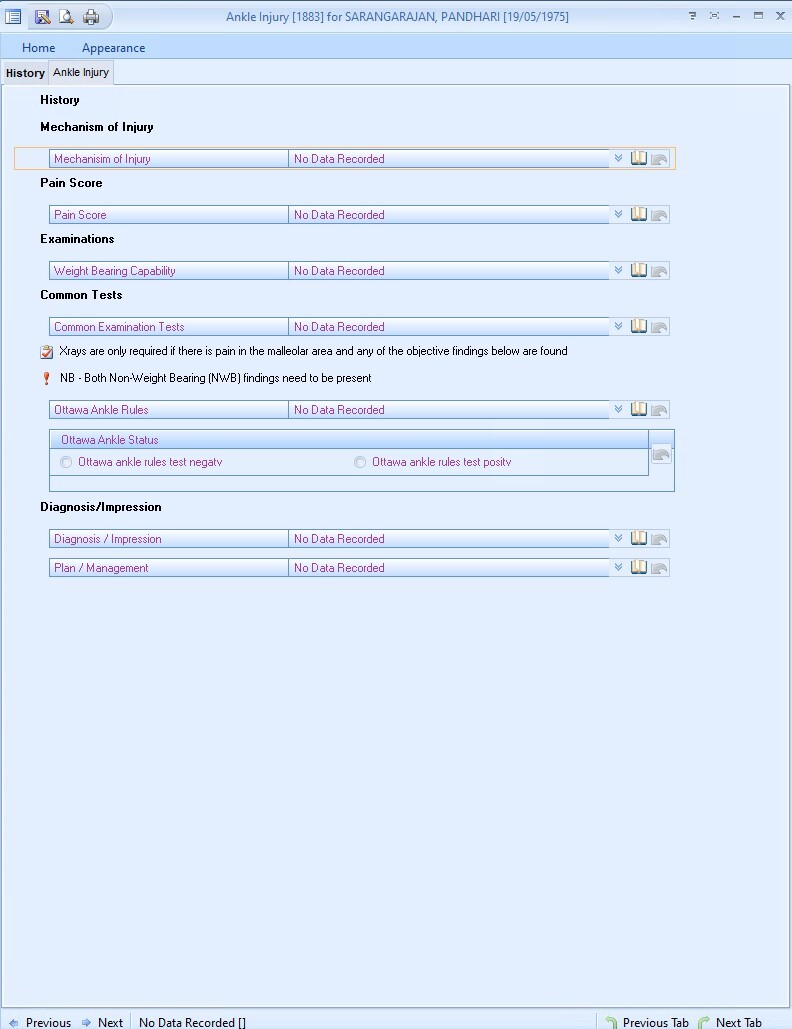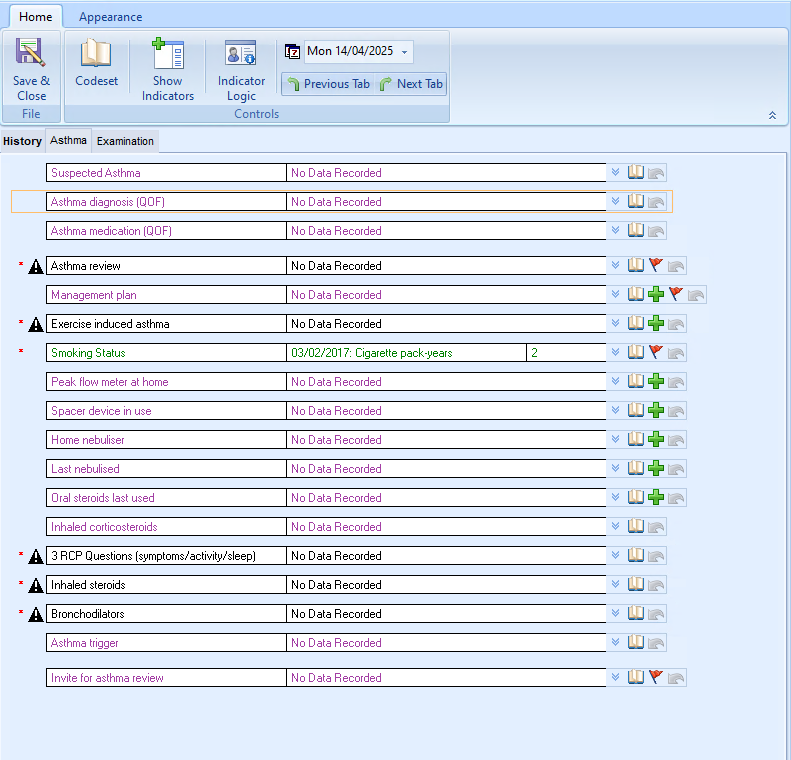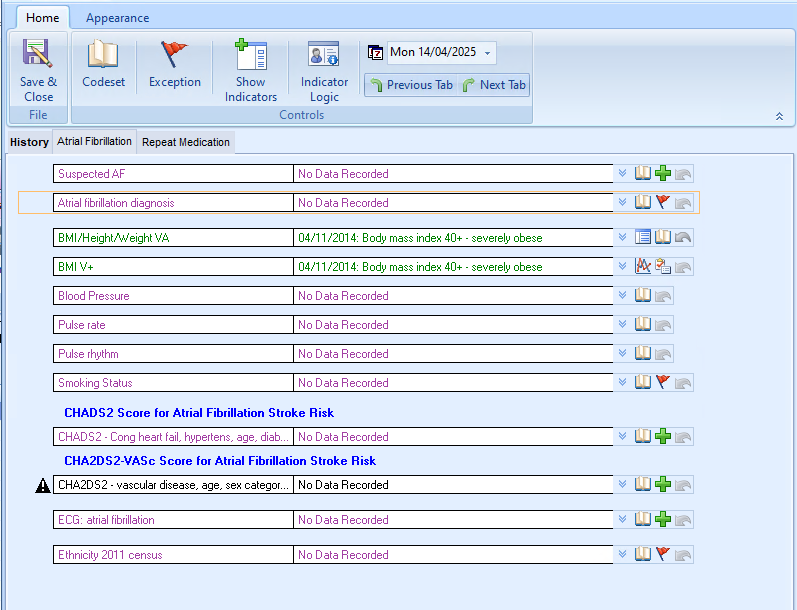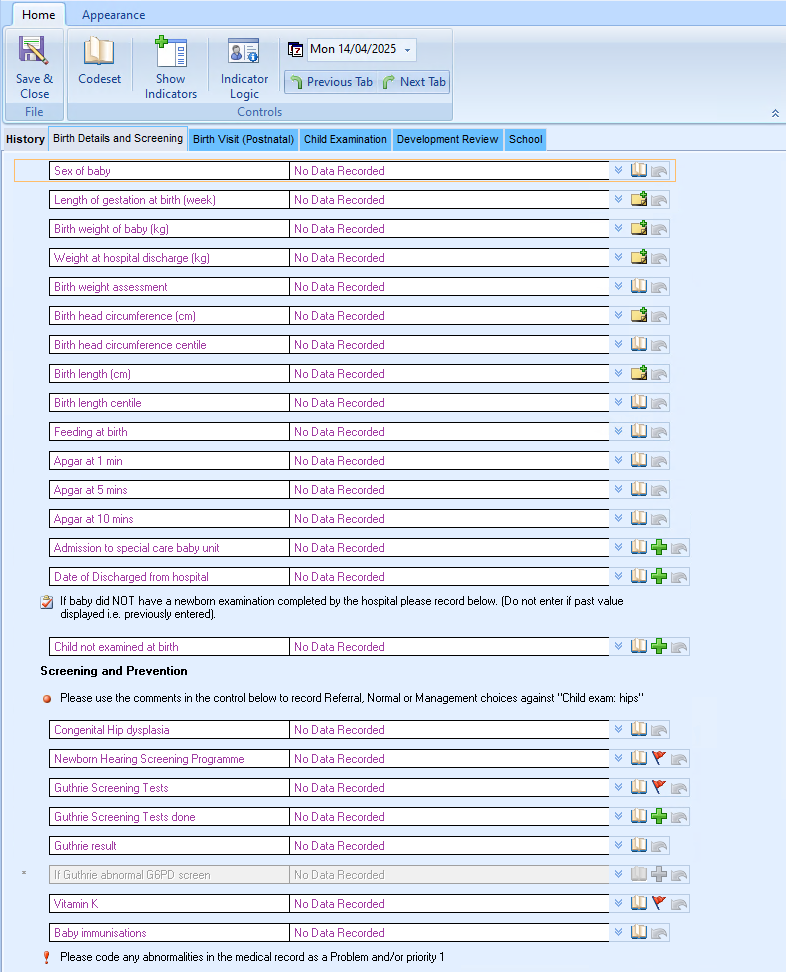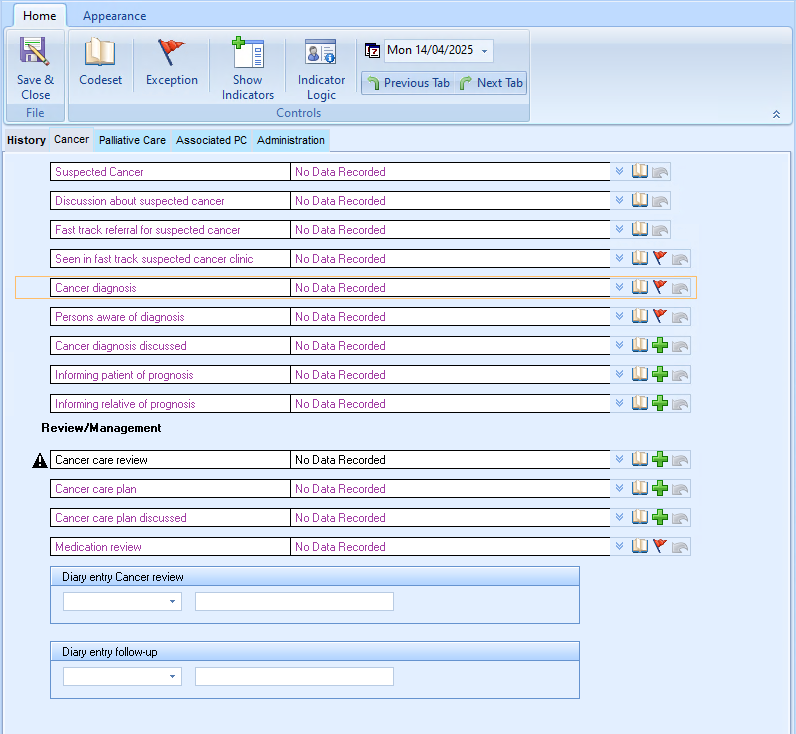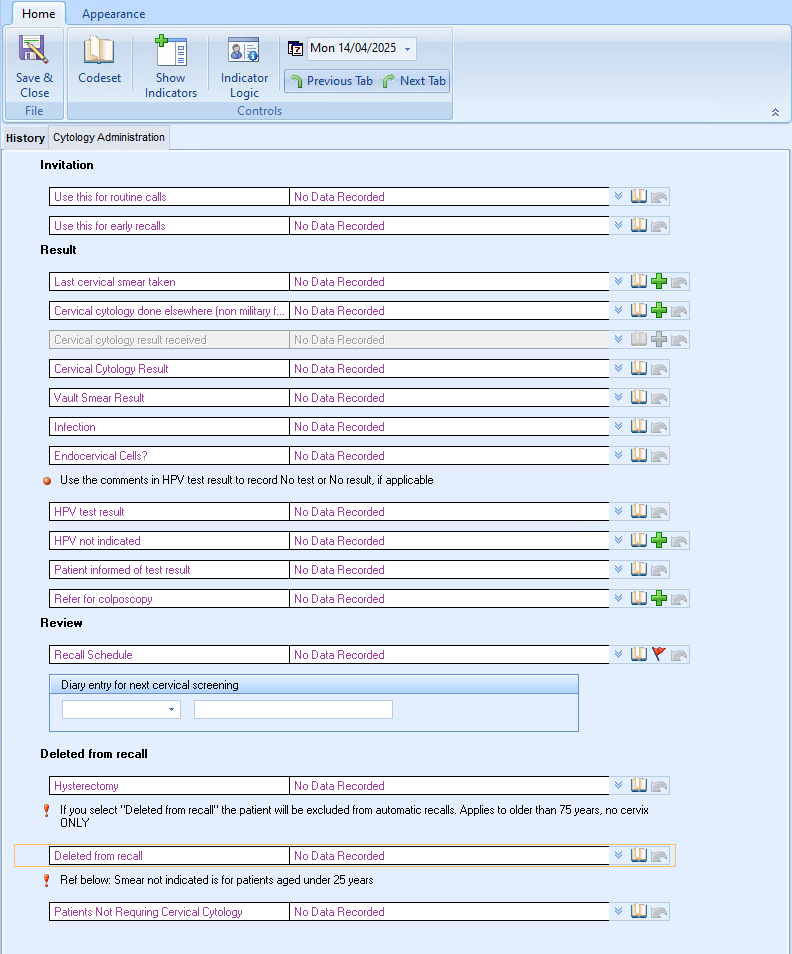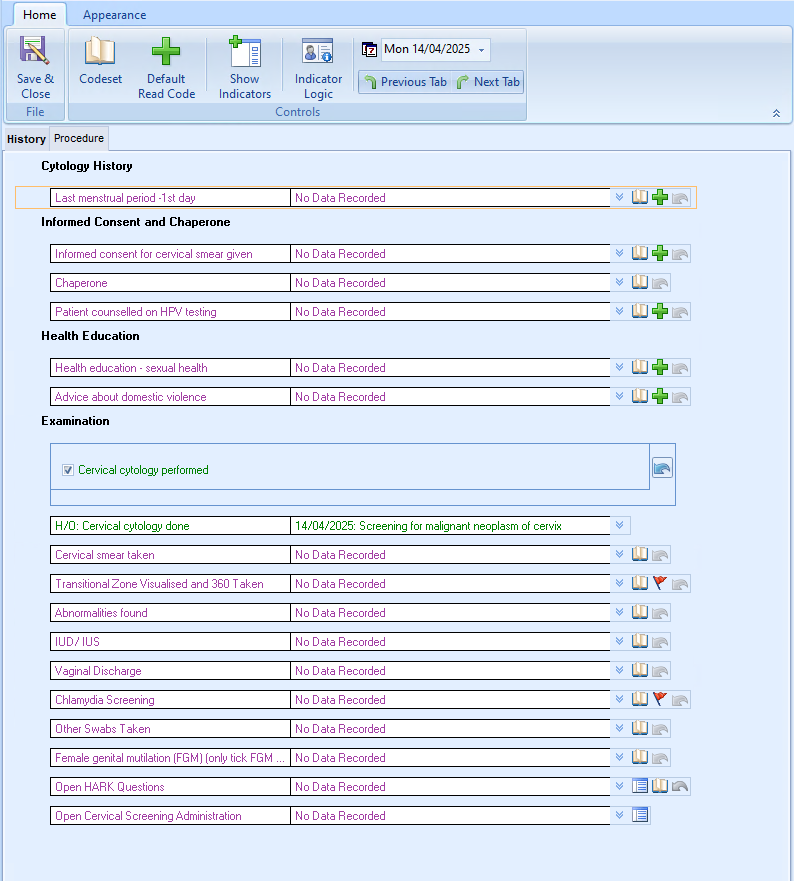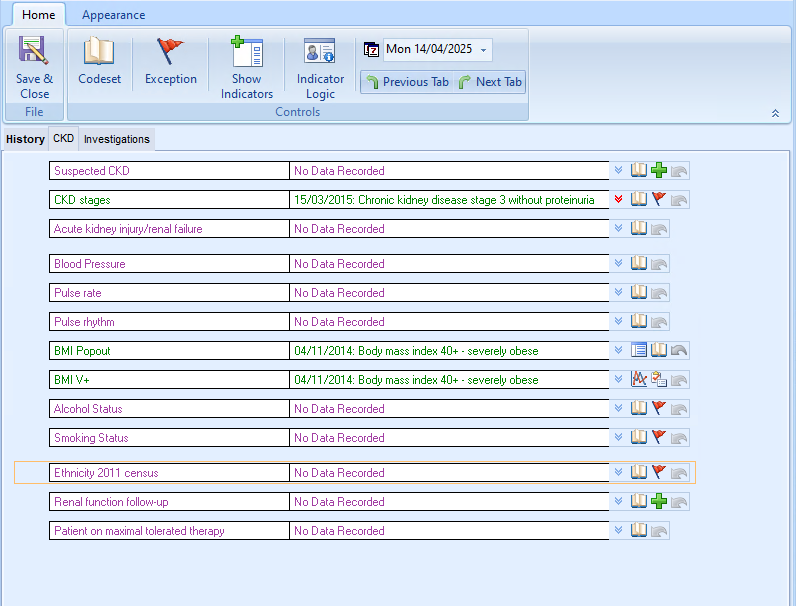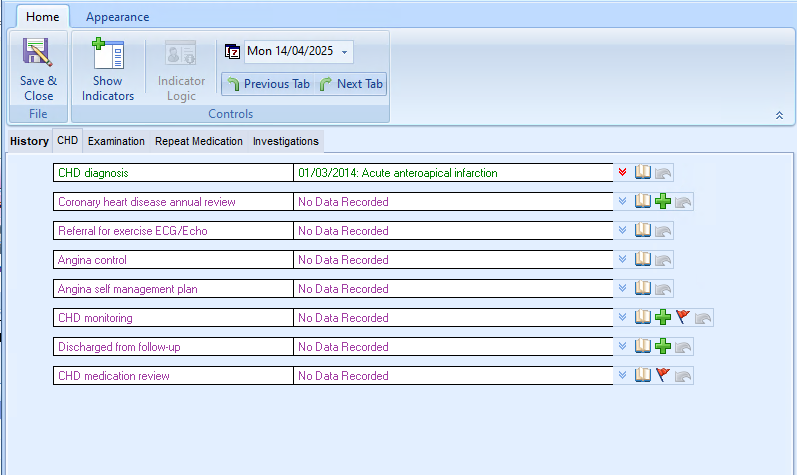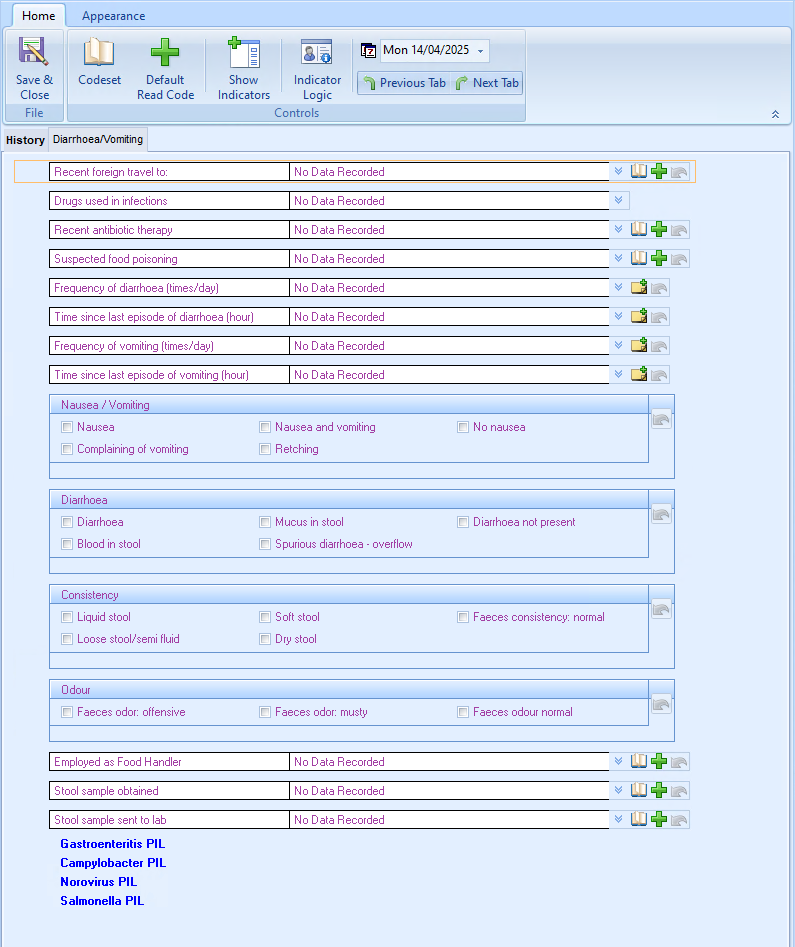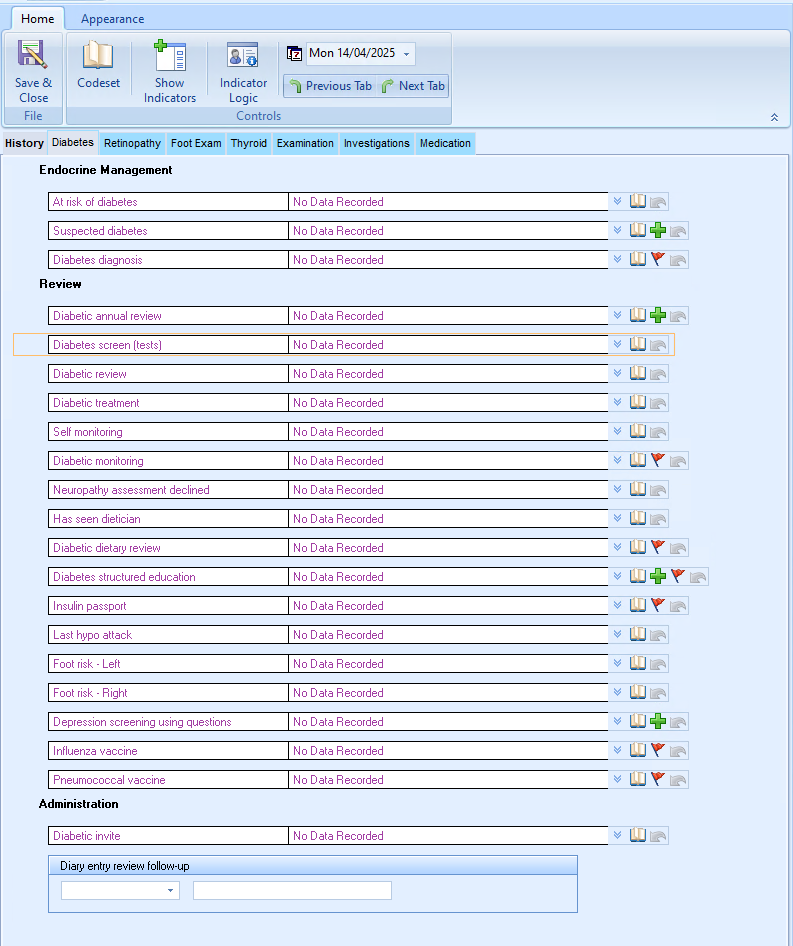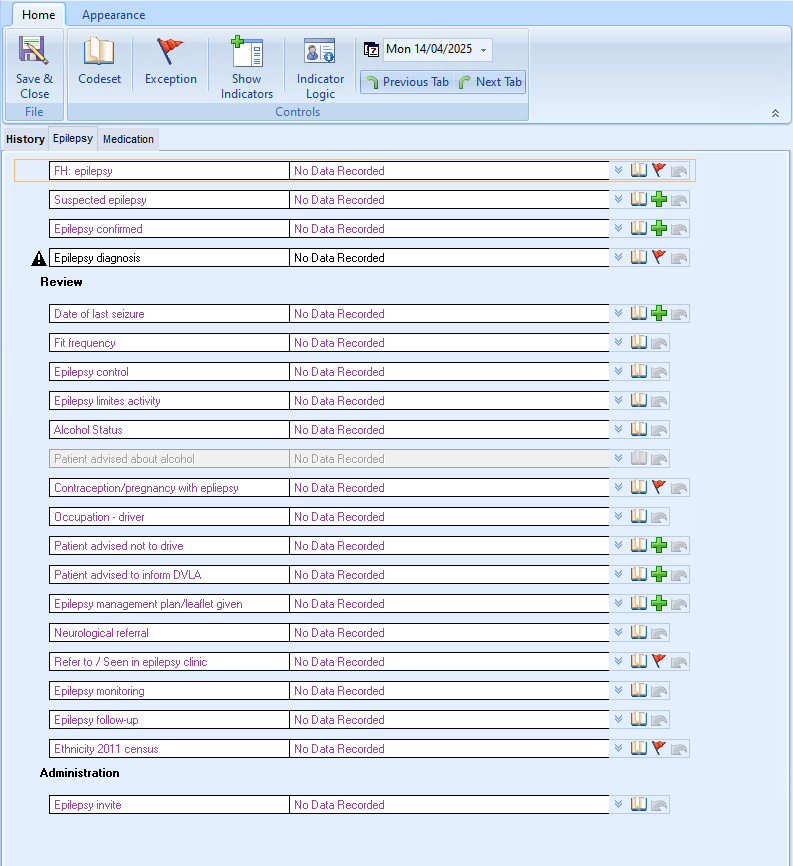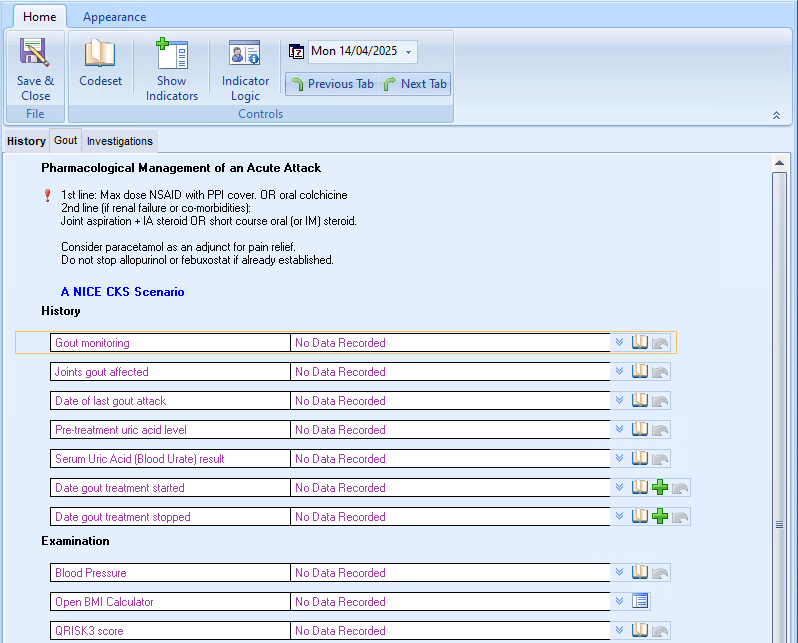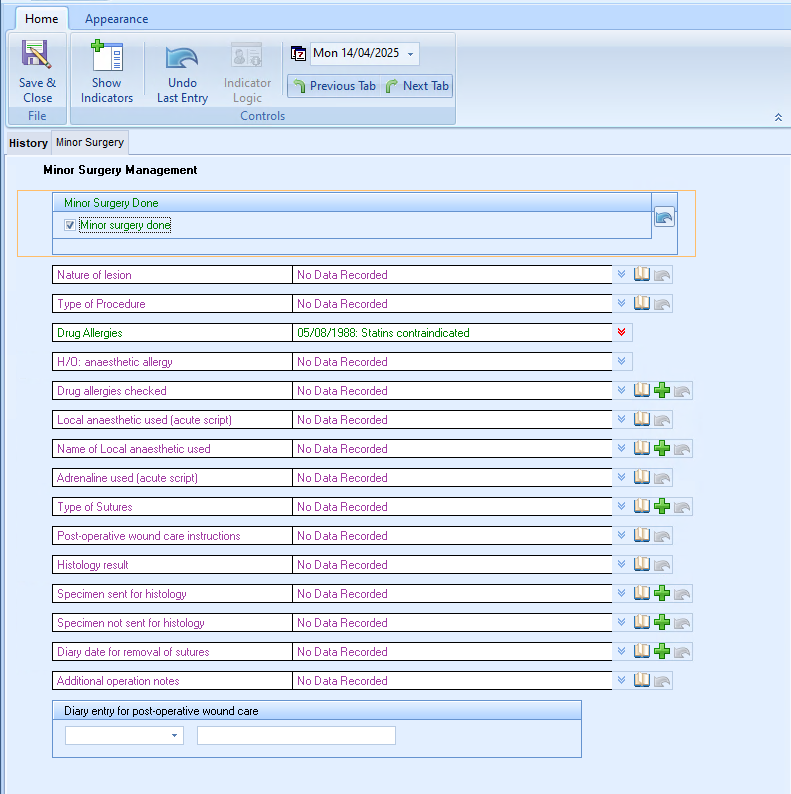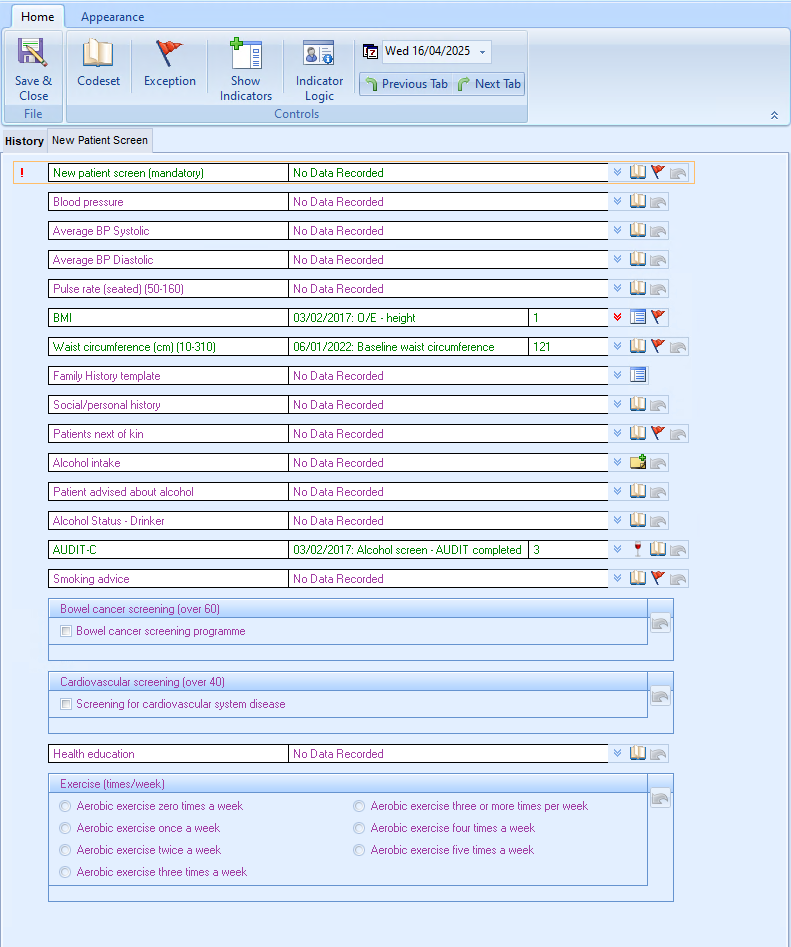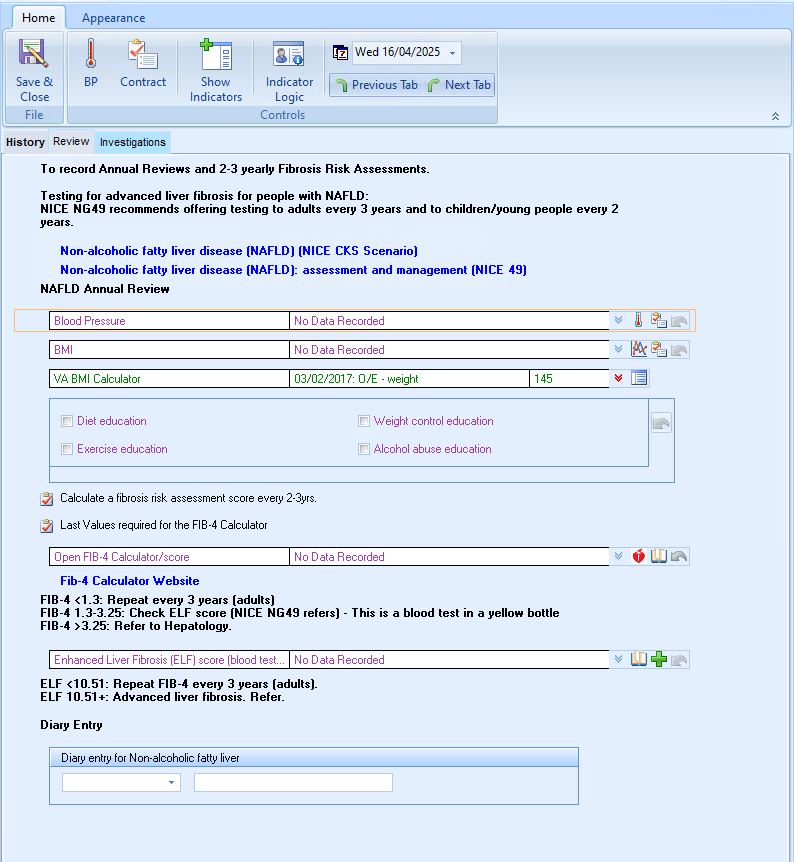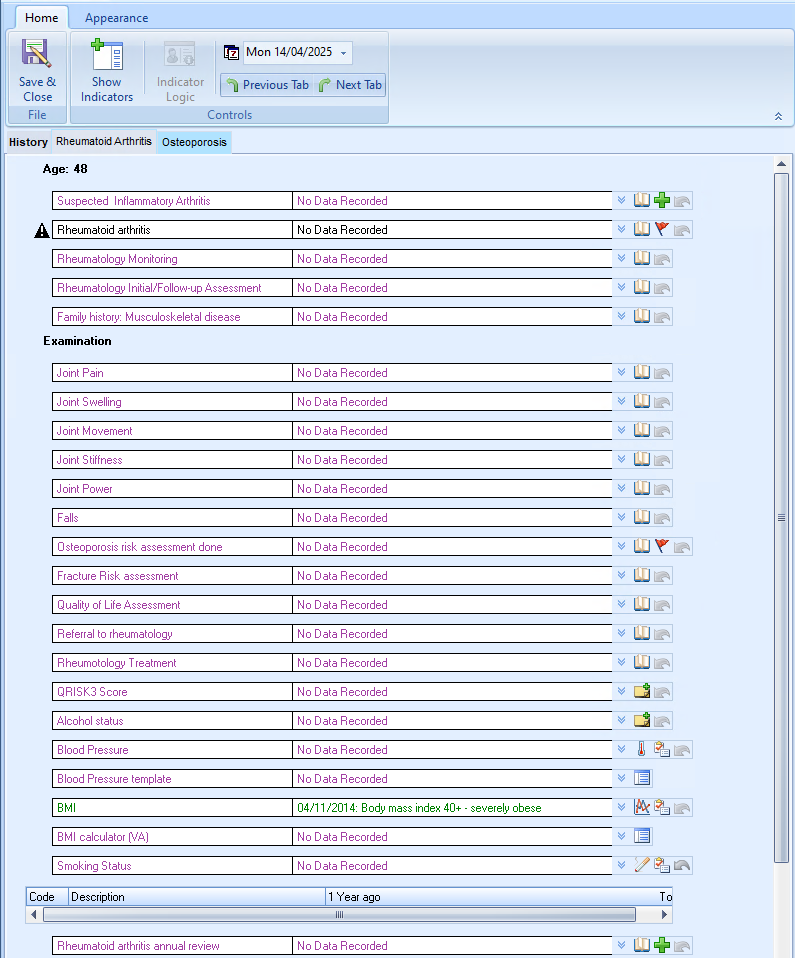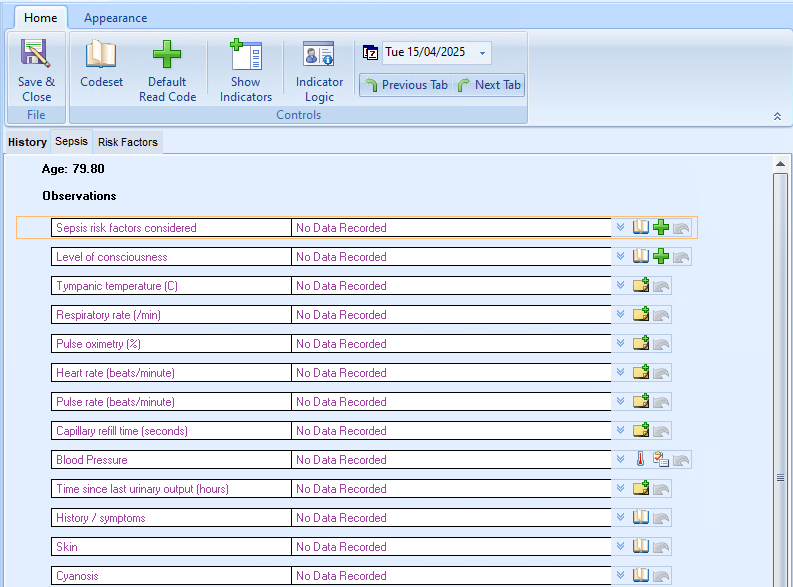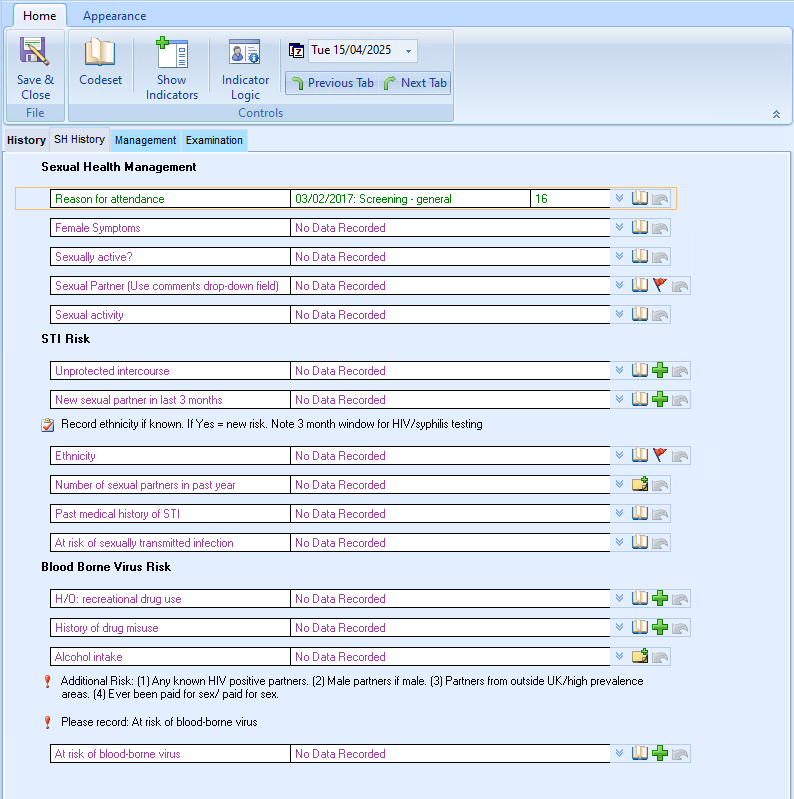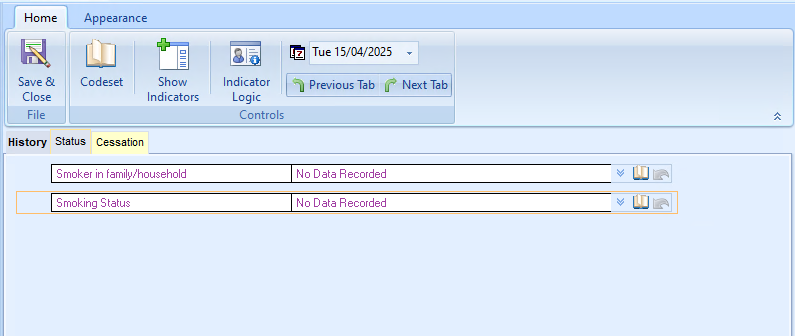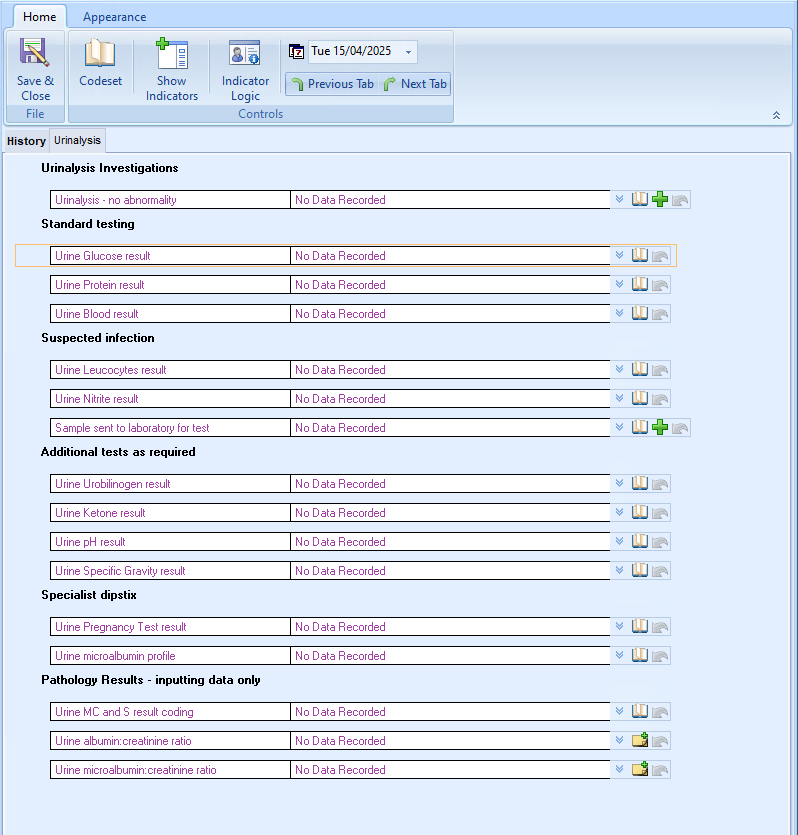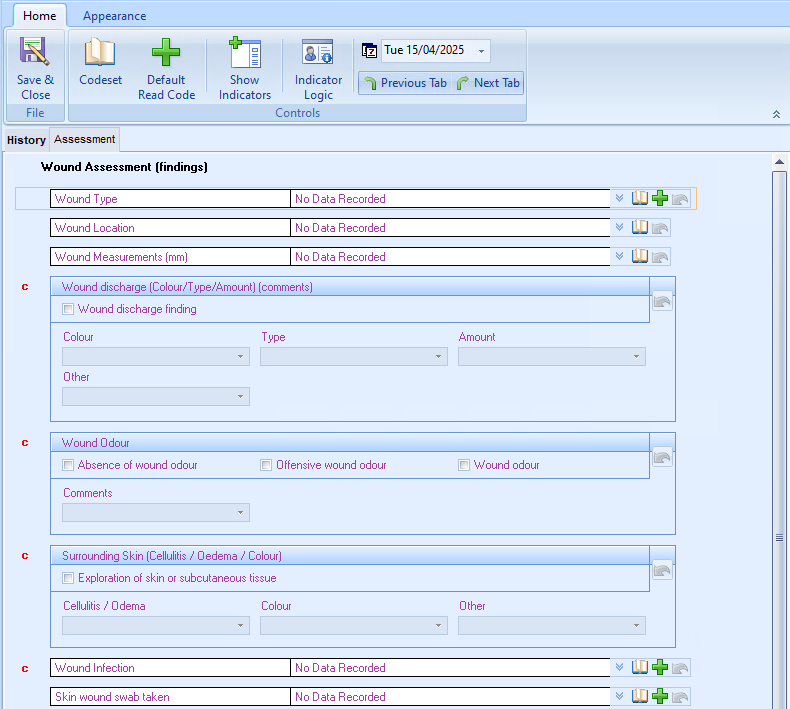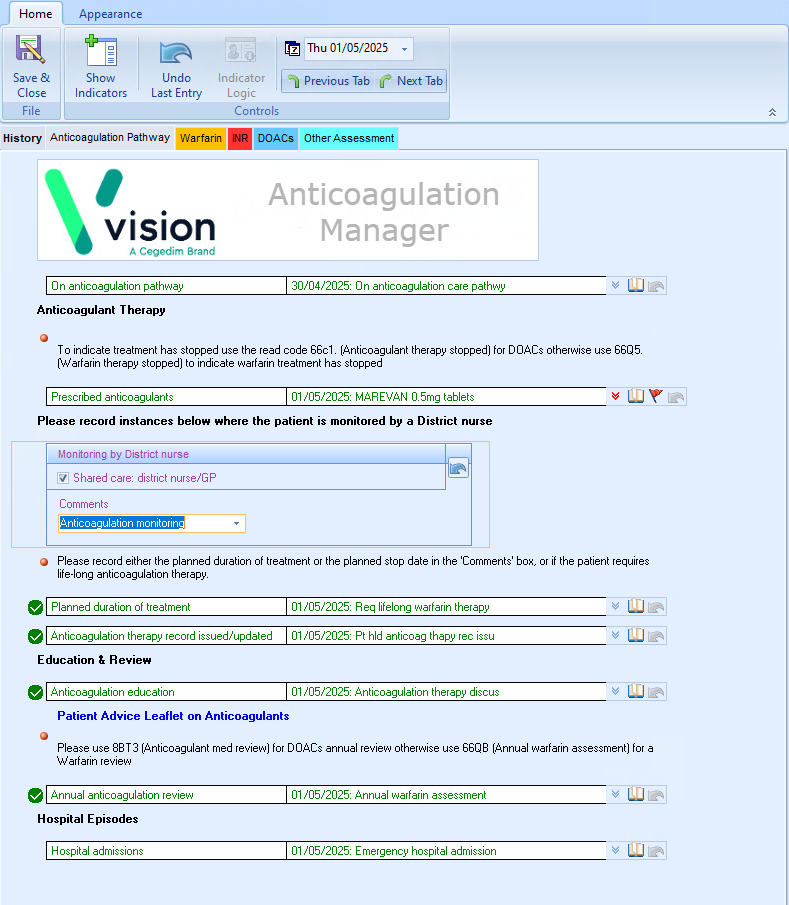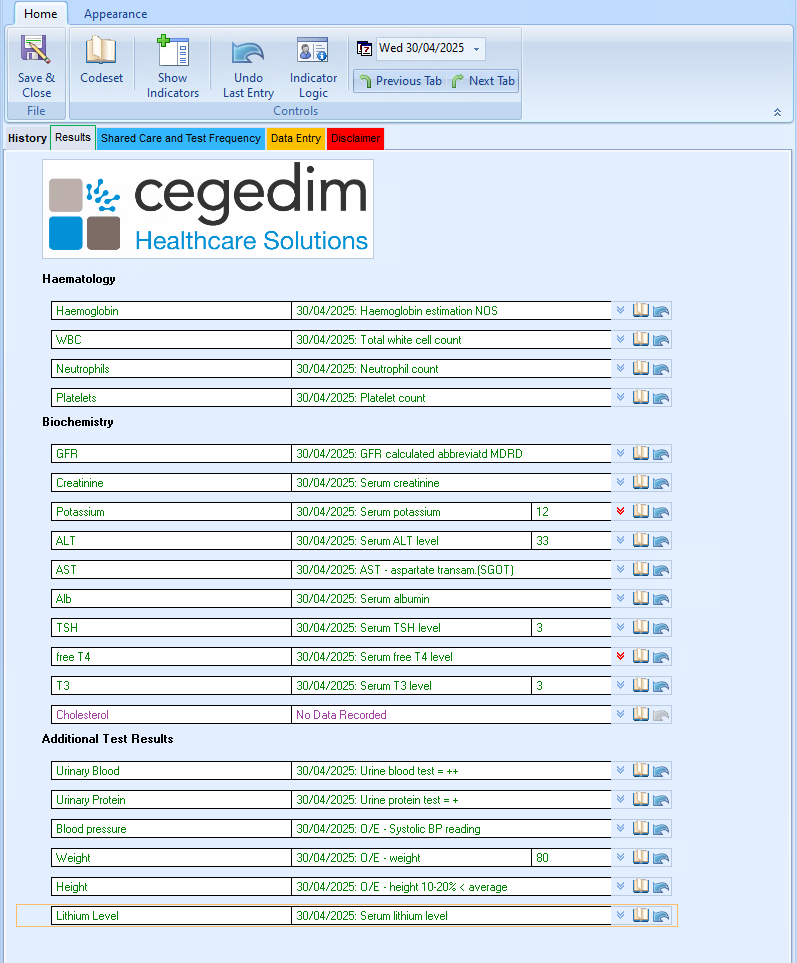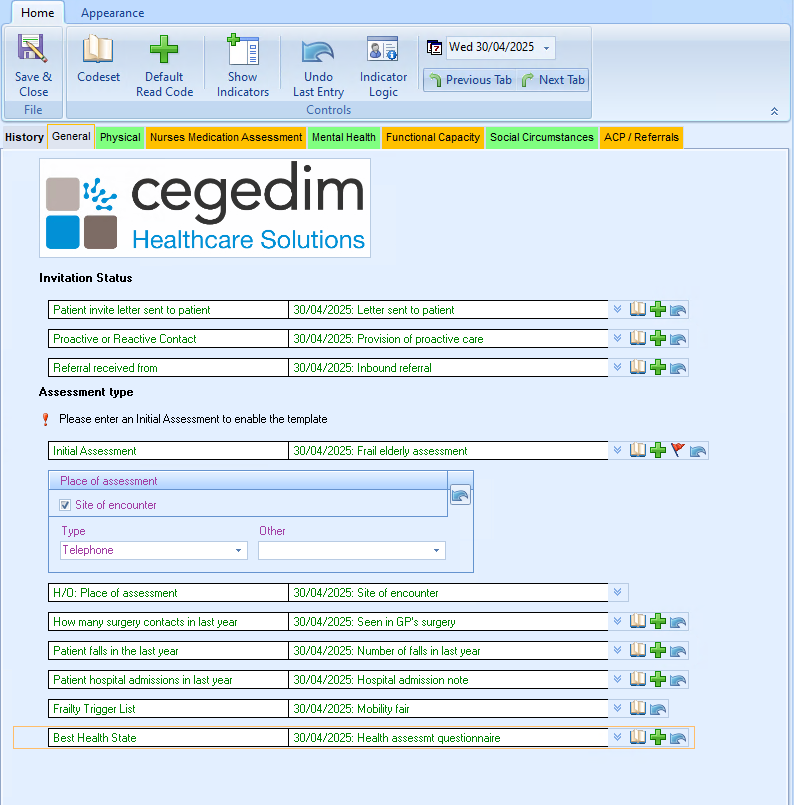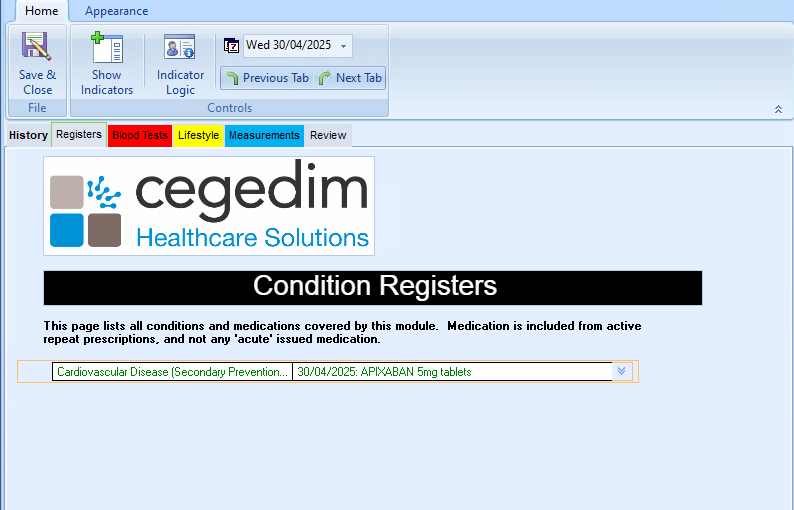
Working together with NSS to deliver the latest Healthcare IT Solutions for Scotland
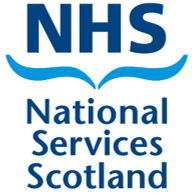
Outcomes Manager Professional edition can be deployed with any of the following Templates. OM Professional edition supports Vision + and Vision Anywhere*
Ankle Injury
Assessment and examination of ankle injuries with common tests and recording of diagnosis and treatment plan.
Ankle Injury
Quickly record data covering the aspects of Ankle injuries on a single tabbed template
Covers the how the injury occurred, pain score, examinations and common tests during treatment of ankle injuries.
Asthma Management
Covers suspected and diagnosed Asthma.
Asthma Management
A two tabbed template that covers the assessment and examination elements of Asthma Management
Asthma management in primary care focuses on achieving and maintaining disease control through a combination of regular monitoring, patient education, and tailored treatment plans. Key strategies include the use of inhaled corticosteroids (ICS) for long-term control, short-acting beta-agonists (SABA) for quick relief, and routine assessment of asthma control using validated tools. Primary care providers also emphasise the importance of avoiding triggers, ensuring adherence to medication, and providing action plans for managing exacerbations
Atrial Fibrillation Management
Covers examinations and assessments for Suspected and diagnosed AF.
Atrial Fibrillation Management
A two tabbed template to record and review details for a patient with Atrial Fibrillation
Atrial fibrillation (AF) management involves controlling the heart's rhythm and rate, preventing blood clots, and addressing underlying causes. Covers the main patient tests Treatment options include medications, electrical cardioversion, and catheter ablation.
Birth and Child Examination
Postnatal birth visit for Midwives and Health visitors. Birth details and screening including measurements and tests.
Birth and Child Examination
In a GP primary care practice, a birth and child examination typically involves checking a new born baby within 72 hours of birth and again at 6 to 8 weeks. These checks focus on identifying any congenital abnormalities and assessing the baby's growth and development.
Cancer Management
Details the information used for diagnosis and management of cancer. Includes Palliative care and associated administration.
Cancer Management
A 4 tabbed template covering diagnosis, care and administration throughout treatment.
In a primary care GP setting, cancer management involves a comprehensive approach that includes early detection, diagnosis, and ongoing support throughout treatment. GPs play a crucial role in informing patients of their diagnosis, helping them make treatment decisions, and providing care. This template covers the keys processes of this.
Cervical Screening Administration
Covers the invites, results and reviews around cytology screening.
Cervical Screening Administration
A single page template covering the administration of the screening process
Covers the invite, results, review and recall administration for cytology administration.
Cervical Screening Procedure
Covers consent, health education and examination as part of the screening process.
Cervical Screening Procedure
A single tabbed template for Cytology smear administration.
A concise pathway for recording data associated with the invitations, results and reviews of cytology smears.
Chronic Kidney Disease Management
Examinations, measurements and investigations related to CKD management.
Chronic Kidney Disease Management
A 2 tabbed template for recording patient data relevant to CKD
Used to capture standard patient health data and results of investigations
Coronary Heart Disease Management
Covers diagnosed CHD. Provides patient monitoring, examinations and investigations.
Coronary Heart Disease Management
A comprehensive 4 tabbed template covering the diagnosis, examinations medications and investigations associated with CHD
In a primary care GP setting, coronary heart disease (CHD) management involves a multifaceted approach focused on prevention, diagnosis, and ongoing care. GPs play a pivotal role in identifying risk factors such as hypertension and diabetes, and implementing lifestyle modifications like diet and exercise to mitigate these risks
They prescribe medications, including statins and antihypertensives, to manage symptoms and prevent complications
Diarrhoea and Vomiting
A quick data entry template to treat Diarrhoea and Vomiting.
Diarrhoea and Vomiting
A single tabbed template to capture key information.
Captures key information when investigating Diarrhoea and Vomiting.
Endocrine Management
A comprehensive data entry template for treatment and long-term care of conditions affecting the endocrine system.
Endocrine Management
A comprehensive 7 tabbed template for the management of the Endocrine system.
In a primary care GP setting, endocrine management involves diagnosing and treating common endocrine disorders such as diabetes mellitus, thyroid disorders, and hyperlipidemia
GPs monitor these chronic conditions through regular check-ups, blood tests, and medication adjustments
They also provide lifestyle advice to help manage symptoms and prevent complications
Epilepsy Management
Treatment and review for the aspects of Epilepsy.
Epilepsy Management
A 2 tabbed template covering the review and medication for a patient with confirmed epilepsy.
In a primary care GP setting, epilepsy management involves initial diagnosis, ongoing treatment, and coordination with specialists. GPs play a crucial role in identifying seizures through patient history and physical examinations, often using EEG and MRI for confirmation
They prescribe antiepileptic medications and monitor their effectiveness and side effects.
Gout Management
Tests and treatment for managing Gout.
Gout Management
A 2 tabbed template for monitoring and treating Gout
In a primary care GP setting, gout management involves diagnosing the condition through clinical evaluation and sometimes imaging .
Treatment typically includes medications such as NSAIDs, colchicine, and corticosteroids to manage acute attacks.
Long-term management focuses on lifestyle modifications, patient education, and urate-lowering therapy to prevent future flare-ups.
Minor Surgery Management
Used for recording minor surgery procedures.
Minor Surgery Management
A concise template for recording a Minor Surgery procedure
Captures the basic information required to record a Minor Surgery procedure
New Patient Screen
Captures Basic health check data for newly registered patients
New Patient Screen
A basic health check for newly registered patients
Covers the usual health checks for a new patient including lifestyle and exercise.
Non-Alcoholic Fatty Liver Disease Management and Fibrosis Risk Assessments
Covers the Annual review and management of people with suspected or confirmed non-alcoholic fatty liver disease.
Non-Alcoholic Fatty Liver Disease Management and Fibrosis Risk Assessments
A 2 tabbed template covering the review and investigations for NAFLD
In a primary care GP setting, the management of non alcoholic fatty liver disease (NAFLD) involves early identification of risk factors such as obesity, type 2 diabetes, and metabolic syndrome. GPs use non-invasive tests like the Fibrosis-4 (FIB-4) index to assess liver fibrosis risk.
Rheumatology Management
Covers the management of Rheumatoid arthritis.
Rheumatology Management
A 2 tabbed template addressing medication and examination for this condition
In a primary care GP setting, rheumatoid arthritis (RA) management involves early diagnosis, prompt referral to rheumatologists, and ongoing care coordination.
GPs play a critical role in recognizing symptoms, conducting initial assessments, and initiating treatment with disease-modifying antirheumatic drugs (DMARDs) when appropriate.
Sepsis Risk Stratification
Used to assess the risk of clinical deterioration from sepsis.
Sepsis Risk Stratification
A 2 tabbed template for observing and detailing the risks associated with Sepsis
In a primary care GP setting, sepsis management involves early identification and prompt action to prevent deterioration.
GPs assess patients for signs of sepsis using vital signs like respiratory rate, blood pressure, and mental status .If sepsis is suspected, they initiate immediate treatment, including oxygen therapy, intravenous antibiotics, and fluids. Rapid referral to emergency services is crucial for patients showing high-risk criteria
Sexual Health Management
Covers the provision of advice and services around contraception, relationships and sexually transmitted infections.
Sexual Health Management
A 3 tabbed template covering the history, examination and management of sexual Health
In a primary care GP setting, sexual health management involves comprehensive care that includes prevention, diagnosis, and treatment of sexually transmitted infections (STIs), as well as addressing broader sexual health concerns. GPs conduct sexual health assessments, provide education on safe sex practices, and offer vaccinations like the HPV vaccine.
They also screen for and treat STIs, manage contraceptive needs, and provide support for sexual dysfunction and other related issues
Smoking Cessation Clinic
Identifies patients who smoke and provides advice and guidance for quitting.
Smoking Cessation Clinic
A 2 tabbed statement covering smoking status and smoking cessation
Smoking cessation is managed through a combination of behavioural support and pharmacotherapy. GPs provide brief advice during consultations, emphasizing the health benefits of quitting. They offer nicotine replacement therapy (NRT) and medications like bupropion. E-cigarettes are also recommended as a harm reduction tool.
Regular follow-ups are essential to monitor progress, manage withdrawal symptoms, and provide ongoing encouragement
Urinalysis Investigations
Covers diagnosing UTIs, identifying bacteria and white blood cells. Detecting Kidney Diseases. Monitoring protein levels and other kidney function markers. Screening for Diabetes and measuring glucose and ketones.
Urinalysis Investigations
A concise template to cover testing and results surrounding UTI's
urinalysis investigations are essential for diagnosing and managing various conditions, including urinary tract infections (UTIs), kidney disease, and diabetes. GPs typically use urine dipstick tests for initial screening, which can detect abnormalities such as protein, glucose, blood, and leukocytes.
If the dipstick test indicates an infection or other issues, a urine culture may be performed to identify the specific bacteria and guide antibiotic treatment
Wound Assessment (findings)
Covers the initial assessment of a wound and the potential complications in wound care.
Wound Assessment (findings)
A template documenting aspects of a new wound
Documenting details around a wound assessment and treating accordingly
Anticoagulation Manager**
Covers the management of Anticoagulation.
Anticoagulation Manager**
Anticoagulation Manager contains tools for managing all aspects of anticoagulation
The pathway includes:
-
Anticoagulation Manager Pathway
-
Warfarin Dosing Tool
-
Outcomes Manager Aggregate Reports (for CCG/HB Customers)
DMARDS Manager (NHS Scotland)**
Designed to help you manage patients prescribed with anti-rheumatic drugs.
DMARDS Manager (NHS Scotland)**
Vision+ DMARDS Manager (NHS Scotland) was previously known as DMARDS Manager Plus
A pathway to assist you in managing patients prescribed with anti-rheumatic drugs. DMARDs (Disease Modifying Anti-Rheumatic Drugs) are a group of medicines that are used to ease the symptoms and reduce the damaging effect of rheumatoid
arthritis.
eFrailty**
Identifies people, aged 65 and over, who are living with moderate and severe frailty.
eFrailty**
A 7 tabbed template covering examinations, assessments and referrals associated with patients aged 65 and over
The eFrailty pathway uses the existing information within the electronic primary health care record to identify populations of people aged 65 and over who may be living with varying degrees of frailty.
Long term Conditions Management and recalls**
Supports practices with streamlining the management of patients with long term conditions.
Long term Conditions Management and recalls**
A 5 tabbed template listing patient conditions, blood tests, lifestyle measurements and reviews
Long-term management of conditions in primary care involves continuous care in a multidisciplinary approach, and patient-centred care. It includes managing chronic diseases like diabetes and hypertension through regular check-ups, lifestyle advice, and patient education. The use of technology and preventive care measures, such as vaccinations and screenings, also play crucial roles in ensuring comprehensive and coordinated care.

Vision 3
A comprehensive clinical system

Vision 3
Helping you to Collect and Understand your Population's Health Data so you can Influence Positive Change
Outcomes Manager is a simple and innovative tool that uses a cloud based dashboard for monitoring and reporting on patient data and outcomes across geographic areas.
Alongside patient health data analysis, Outcomes Manager also supports the creation and sharing of clinical pathways and data entry templates authored to local healthcare requirements to help influence change, optimise primary care resources, save costs and improve patient outcomes.

Outcomes Manager works with all major GP Clinical Systems, to provide a complete population health management system for CCGs, Health Boards, Primary Care Networks and Federations.
It is already used to manage and report on locally enhanced services (LES), Directed Enhanced Services (DES) and National NHS Healthcheck Services in a number of CCGs.
Its data can also feed into service redesign methodology to aid best healthcare practice, and support disease management, case finding and referral management.
Steven Edwards, Vince Green and Mark Holborow of Crowe U.K. LLP were appointed Joint Administrators of In Practice Systems Limited on 10 December 2024.
The affairs, business and property of the Company are managed by the Joint Administrators, who act as agents of the Company and without personal liability.
Steven Edwards, Vince Green and Mark Holborow are licenced in the United Kingdom to act as insolvency practitioners by the Insolvency Practitioners Association.

